Do Lip Piercings Close? Know The Facts
Separate fact from fiction and delve into the truth backed by science!

Image: Shutterstock
Lip piercings are very bold, giving an edge to your otherwise regular look. However, if you got one recently or are thinking of getting one, a common question that you must be pondering over is “How quickly do lip piercings close?” Like any other type of piercing, lip piercings may also close under certain circumstances. But don’t worry. You can easily prevent it from happening if you take care of the piercing site properly and stick to the basic aftercare dos and don’ts. This article discusses everything you need to know about lip piercing closure, why it happens, and what to do if the piercing site has closed. Scroll down to learn more.
In This Article
Do Lip Piercings Close?
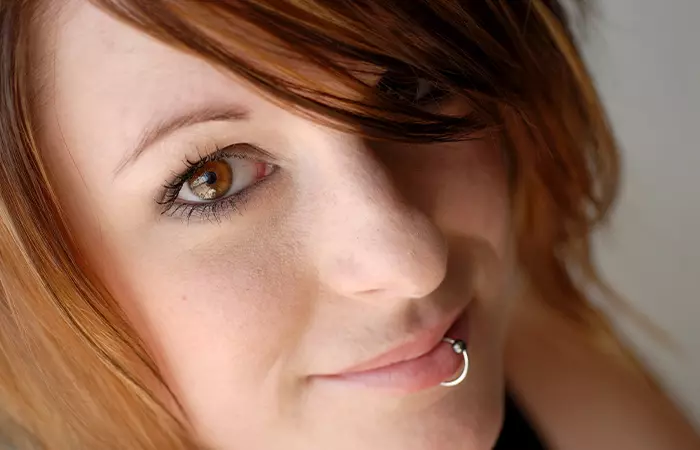
Lip piercings can indeed close in some cases. When you remove the jewelry from the piercing, your body initiates its natural healing process that causes the hole to close up, if not used. Oral wounds tend to heal faster than wounds in other areas of the body due to the rich blood supply and healing properties of the oral tissues (1).
A new lip piercing that has been around for a shorter duration may close up quickly. An older piercing, one that has been used for years, may experience a slower closure (2). Apart from the age of the piercings, other factors to consider are the unique nature of each person’s healing response, their overall health, and adherence to the aftercare regimen. A piercing may appear healed on the surface even though the process is actually in progress. The tissue on the outside may have healed, but the inner skin tissue is still repairing, so removing the jewelry can cause the piercing to close up.
There is also the possibility that the lip piercing only closes up partially and not completely. During the closure process, the edges of the hole may come closer together, resulting in a smaller opening. This partial closure can happen over a period of days to weeks and the extent of closure can vary among individuals. If you notice signs of partial closure, it is advised to take prompt action, such as reinserting jewelry or seeking advice from a professional piercer, to prevent complete closure.
 Did You Know?
Did You Know?While lip piercing closure is a common outcome, the timeline and extent of closure can differ, reinforcing the importance of individualized care and attention during the healing process. Learn more about it in the following section.
Key Takeaways
- Lip piercings have the potential to close, and the process varies based on factors like piercing duration and individual healing responses.
- The time for a lip piercing to close depends on factors such as the healing stage, individual healing rates, and the age of the piercing.
- Reopening a closed lip piercing is possible, but success depends on factors like time since closure, tissue condition, and professional assessment.
How Long Does It Take For A Lip Piercing To Close?
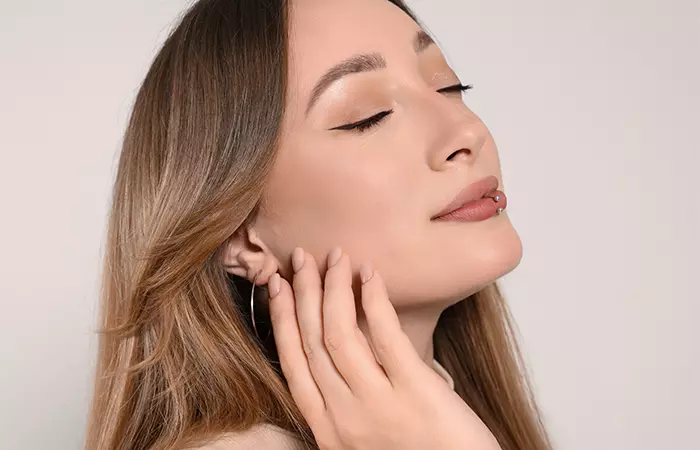
The duration for a lip piercing to close is influenced by multiple factors. If you had the piercing for an extended period, the lip ring hole may take longer to close compared to a newer piercing. The closing time also depends on individual factors such as healing speed and the size of the hole, as follows:
1. Healing Stage
- New Piercing (Less Than a Year): If your lip piercing is relatively new, the hole may start closing within a few hours to a day without jewelry. Since the piercing is already in the healing stage, the tissue is more prone to closing up quickly.
- Fully Healed Piercing (More Than a Year): Once a lip piercing has fully healed, the tissue is more stable and the closing process may take longer from a few days to weeks or a few months.
2. Individual Healing Rates
- Body’s Healing Speed: Everyone’s body is unique, and healing rates vary. Some people’s bodies naturally heal faster than others, affecting how quickly a piercing may close. If a person has an existing medical condition, this can affect how quickly the body heals.
3. Size Of The Piercing
- Larger Vs. Smaller Piercings: Larger piercings take longer to close up compared to smaller ones. In some cases, larger piercings may have scar tissue that prevents the hole from closing up completely.
Here are the stages of a closing lip piercing that you should keep an eye on:
Initial Days
- Hours To Days: Shortly after removing the jewelry, you may notice the hole starting to close. This process can happen quite rapidly, if the piercing is still in the early stages of healing.
Partial Closure
- Days To Weeks: As time progresses, the hole may partially close. During this phase, the edges of the hole come closer together and the opening becomes smaller.
Full Closure
- Weeks To Months: Achieving full closure can take weeks or even months, particularly for well-healed piercings. The tissue may gradually seal, and the hole becomes less visible.
Once a lip piercing is closed, you may wonder if there is any chance of reopening it. Read the new section to learn what factors affect the ease of lip piercing reopening.
Can You Reopen A Closed Lip Piercing Hole?
Reopening a closed lip piercing hole is possible in some cases, but is not always guaranteed, as the process can be more challenging than getting a new piercing. Here are some factors that affect it:
- Time Since Closure: The longer it has been since the piercing closed, the more challenging it can be to reopen. If it’s been a short time, the tissue may still be somewhat pliable.
- Tissue Integrity: The condition of the tissue around the closed hole matters. If the tissue is still healthy and not excessively scarred, there’s a better chance of successfully reopening the hole.
- Professional Assessment: It is crucial to consult with a professional piercer to properly assess the situation, evaluate the tissue, and determine if reopening the hole is possible. They will also guide you on the best approach and provide an aftercare routine.
You typically have two options: surgical and non-surgical methods. Non-surgical methods involve gently stretching the tissue, while surgical methods may include minor procedures to reopen the piercing safely. A professional can help determine the best choice for you.
Even if your lip piercing was fresh and closed only a few hours ago, it is best to visit a professional piercer to reopen it. Forceful insertion of jewelry in order to reopen the hole can lead to tissue trauma, bleeding, swelling, and an increased risk of infection.
In order to avoid this hassle, you can follow a few mindful tips right after getting a new piercing. Scroll down to learn more.
Tips To Prevent A Lip Piercing From Closing
You need to take care of your lip piercing consistently to prevent it from closing prematurely. Here are some tips to help you keep your lip piercing open (2).
- Wear Jewelry Regularly: Keep a small, comfortable piece of jewelry in your lip piercing to help maintain the opening. If you remove the jewelry for any reason, make sure to reinsert it promptly to prevent the hole from closing.
- Avoid Prolonged Removal: Avoid keeping your lip piercing without jewelry during the initial healing period. Prolonged removal can cause the hole to start closing. If you need to take out the jewelry for any reason, aim to reinsert it within a day.
- Choose Appropriate Jewelry: Opt for common jewelry options with flat back studs or labret studs, especially during the healing phase. This minimizes irritation and provides stability. Once the piercing is healed, you can explore different styles, but be mindful of choosing jewelry that will not easily snag or catch your skin. Limit your jewelry choice to simple pieces and avoid overly designed captive rings. Use jewelry material made with biocompatible metals such as 14 or 18-K gold or titanium to prevent piercing infections that may lead to closing of the hole (3). These precious metals may cost a bit more but they are hypoallergenic and are ideal for a brand-new piercing.
- Maintain Good Oral Hygiene: Like any body piercing, keep it clean to prevent infections and promote healing. Clean the outside of the piercing with a sterile saline solution and use an alcohol-free mouthwash to clean your oral cavity after meals and before bedtime. Good oral hygiene contributes to the overall health of the piercing. Use clean tissues with a bit of saline spray at least two times a day to create a healthy environment.
- Be Gentle During Activities: Avoid activities that could put stress on the piercing, such as excessive biting, kissing, or playing with the piercing jewelry.
- Regularly Check And Clean: Periodically check your lip piercing for any signs of irritation, redness, or swelling. If you notice any issues, clean the area with a saline solution and avoid removing the jewelry unnecessarily.
- Follow Aftercare Guidelines: Adhere to the aftercare instructions provided by your piercer. This includes cleaning routines with mild soap and soft cotton balls and any other specific guidelines for your piercing, such as using a healing ointment. Proper aftercare promotes healing and reduces the risk of complications. Make sure to use gentle aftercare products during your cleaning time.
- Stay Hydrated And Eat Well: A healthy lifestyle contributes to faster healing of body tissues. Remember to eat soft foods and eat small bites of food for easy chewing. This will prevent trauma to new piercings and prevent cell damage. Stay hydrated and maintain a balanced diet rich in vitamins and nutrients. Proper nutrition supports your body’s ability to heal and can help prevent complications. Be mindful of how you eat and speak, especially in the early stages of healing. You should also be careful of what you eat. Avoid caffeine and spicy, hot, acidic, salty, and clumpy food.
 Trivia
TriviaRemember, everyone’s body is unique, and healing times can vary. If you have concerns about your unique type of lip piercing, consult with your piercer. They can provide personalized advice based on the specific characteristics of your piercing and your body’s healing response. However, if your lip piercing does get closed completely, you can get it pierced again. But there are a few things that you need to take proper care of before doing it. Check them out in the next section.
Can I Re-Pierce The Hole If It Has Completely Closed?
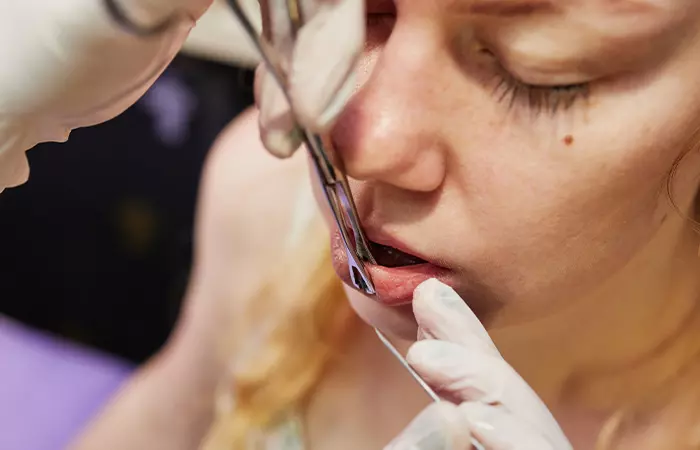
Re-piercing the original pierced spot after it closed is generally possible, but several factors come into play. Here is what you need to consider:
- Time Since Closure: In most cases if a new or old piercing has healed completely and properly, you should be able to re-pierce the area without much trouble with the help of a skilled piercer. However, if an old piercing has heavily scarred tissue, it may be hard or impossible to re-pierce. A new piercing with scarred tissue can be treated.
- Tissue Condition: The condition of the tissue around the closed hole is crucial. If the tissue is healthy and not overly scarred, it increases the likelihood of successfully re-piercing.
- Professional Assessment: Consulting with a professional piercer is essential. They can assess the situation, evaluate the condition of the tissue, and determine if re-piercing is feasible. They have the experience to guide you on the best approach and provide aftercare instructions.
- Re-Piercing Process: Re-piercing is generally more challenging than getting a new piercing. The piercer may need to navigate through scar tissue, making the process potentially more uncomfortable than the initial piercing. It is crucial to communicate openly with your piercer about your previous experience and any concerns you may have.
- Patience: Re-piercing a completely closed hole requires patience. Rushing the process or attempting to do it yourself can lead to complications such as piercing rejection of piercing bumps. A professional piercer will know the appropriate techniques and tools to use.
- Aftercare: Following proper aftercare instructions is crucial after re-piercing. The healing process may be different from the initial piercing, and your piercer will guide you on how to care for the newly pierced area.
- Potential Risks: There is a risk of increased scarring and potential complications during re-piercing. However, a skilled piercer can minimize these risks through careful assessment and execution.
Always remember that the success of re-piercing depends on individual factors and the expertise of the piercer. It’s strongly advised to seek professional guidance rather than try to re-pierce the hole yourself. If you are considering re-piercing, schedule a consultation with a reputable piercer to discuss your specific situation and receive personalized advice.
Infographic: Top 8 Tips To Prevent Your Lip Piercing From Closing
Lip piercing is that cool friend who needs constant attention! At least, when it’s fresh and new. Neglect it and it might just vanish into thin air! And let’s be honest – nobody likes to go through the whole process of re-piercing. If you have got your lips pierced, the infographic below lists some tried, tested, and effective ideas to ensure that your piercing is going to stay there longer. Check it out!

Illustration: StyleCraze Design Team
A lip piercing can indeed close up but how long it takes to completely heal depends on factors such as the body’s healing rate, the age and size of the piercing, and the scar tissue in the pierced area. While you can re-pierce a closed hole, there are things you need to be aware of and it is recommended to get only an expert piercer to do the procedure. A sure way to avoid the hassle of reopening a closed piercing is to follow a few simple tips such as keeping the piercing jewelry on during the healing time of a new piercing. If you do notice that your lip piercing is closing, do not try to reinsert the jewelry yourself, but head on to your piercer and let them handle the issue.
Frequently Asked Questions
Will a closed lip piercing leave a scar?
Yes, a closed lip piercing can leave a scar, and the appearance of the scar depends on various factors such as your skin type, healing process, and how well you cared for the piercing. Proper aftercare during the healing period can minimize scarring. If the initial piercing closes gradually, the scar may be less noticeable than if it closes rapidly. Keeping the area clean and moisturized can also contribute to minimizing scarring.
Can I stretch my lip piercing after it has closed?
Attempting to stretch a closed lip piercing can be challenging and may not always be successful. The tissue may have healed and closed, making it less pliable. Trying to force stretching can lead to discomfort, pain, bleeding, and an increased risk of complications. Consult a professional piercer who can assess the situation and provide guidance on safe stretching practices.
Will smoking affect my lip piercing closure?
Smoking can potentially impact the closure of a lip piercing. Tobacco smoke contains various chemicals and irritants that may hinder the healing process. Smoking can increase the risk of infection, irritation, and delayed healing. If you are trying to prevent your lip piercing from closing, minimizing or quitting smoking during the healing period is recommended. Additionally, smoking after a piercing has closed may increase the likelihood of scarring.
If your lip piercing has closed up, don’t worry! You may be able to re-pierce the hole. However, there are certain things you need to know before considering getting that same spot pierced again. Check out the video below to know more.
References
Articles on StyleCraze are backed by verified information from peer-reviewed and academic research papers, reputed organizations, research institutions, and medical associations to ensure accuracy and relevance. Read our editorial policy to learn more.
- Saliva and wound healing
https://pubmed.ncbi.nlm.nih.gov/23878824/ - Suggested Aftercare Guidelines For Oral Piercings
https://safepiercing.org/wp-content/uploads/2020/04/APP_Oral-Aftercare_2021-edit-4.pdf - Oral and Perioral Piercing Complications
https://www.ncbi.nlm.nih.gov/pmc/articles/PMC2606659/#R10
Read full bio of J’son D’souza
Read full bio of Aparna Harry
Read full bio of Anjali Sayee
Read full bio of Gracia Odile





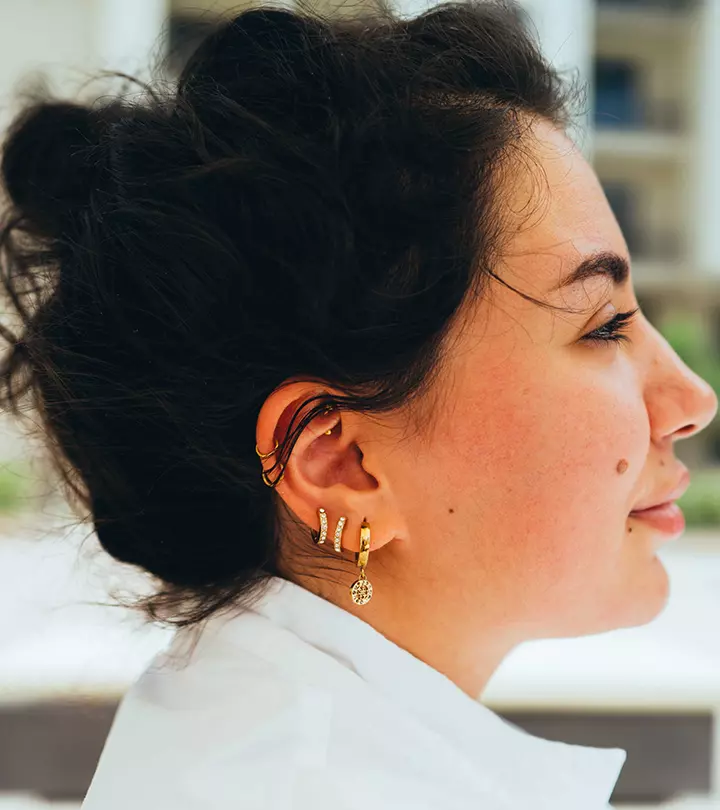
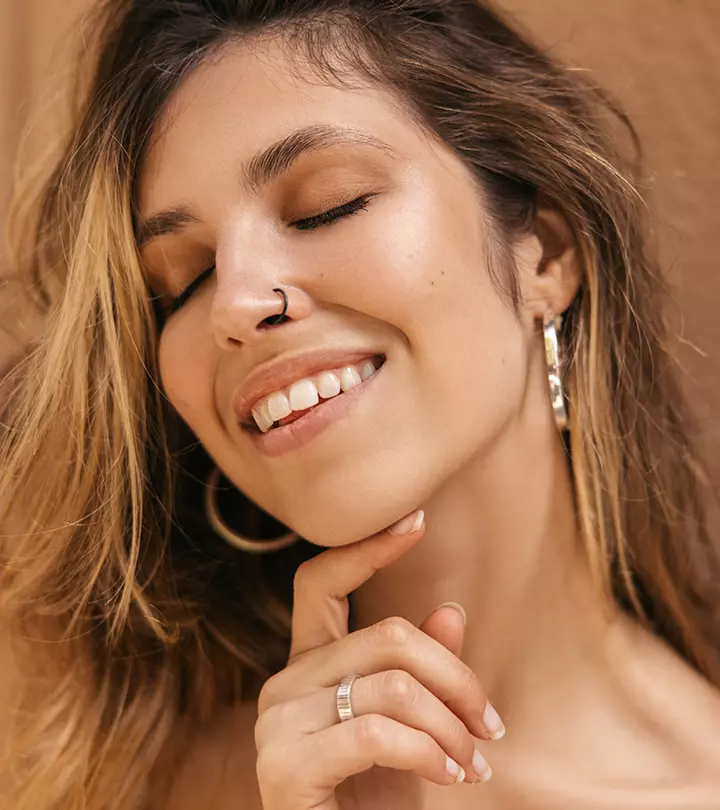
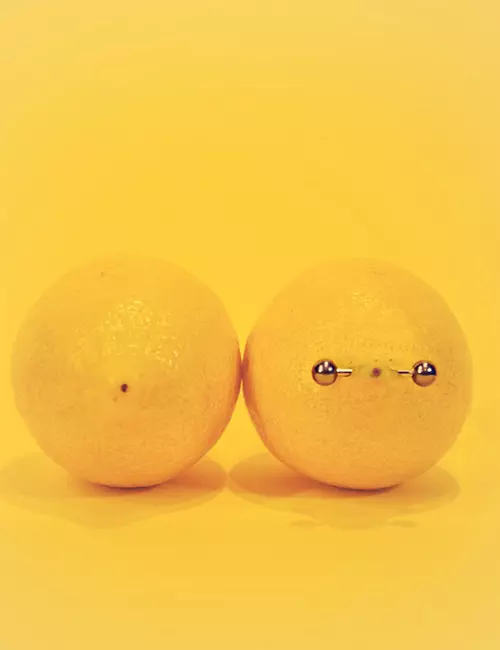
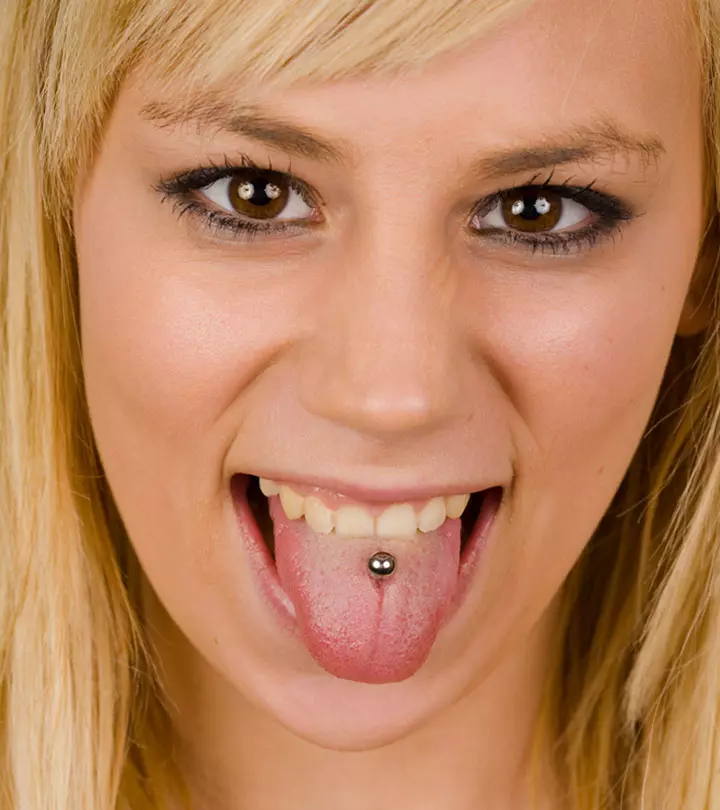

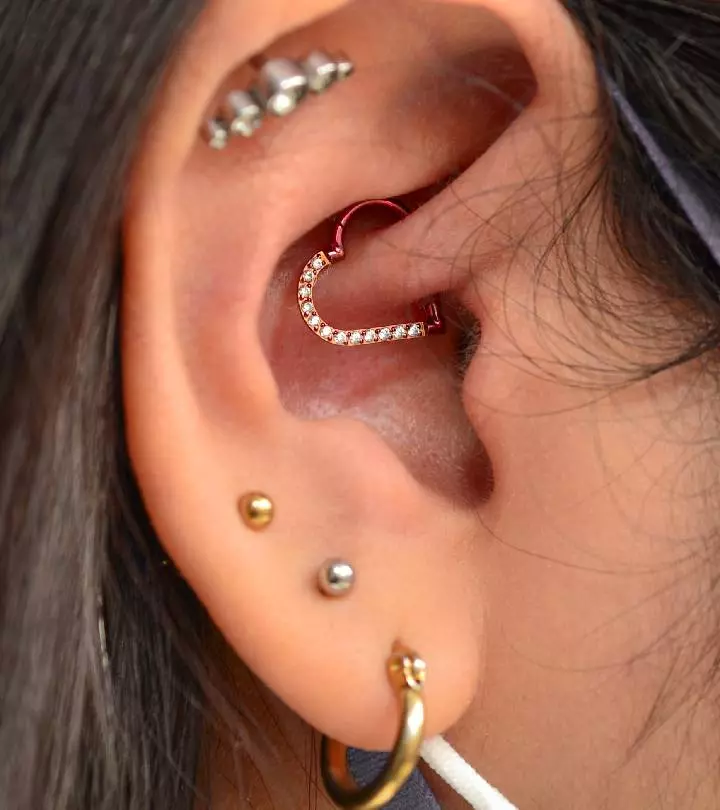

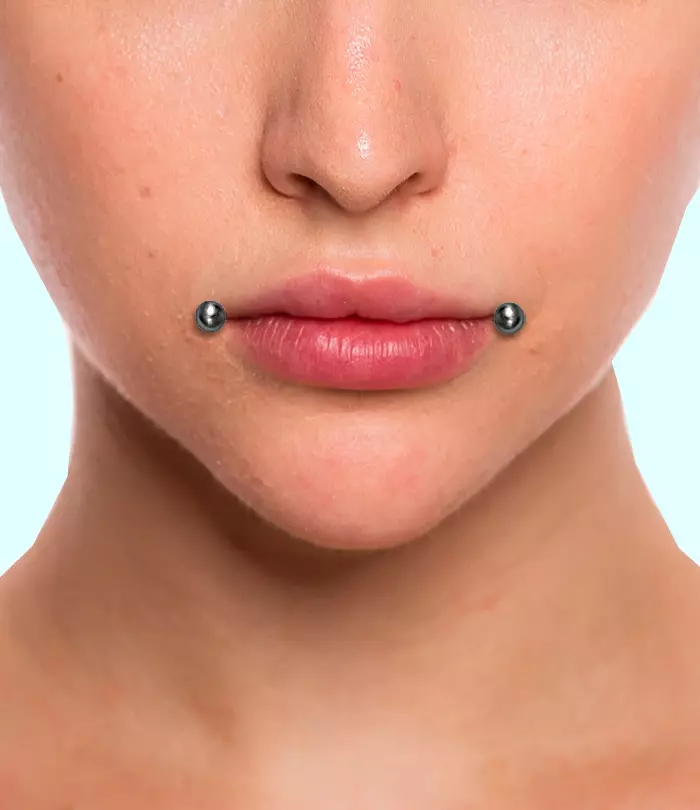

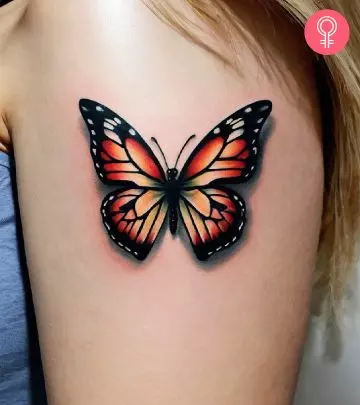
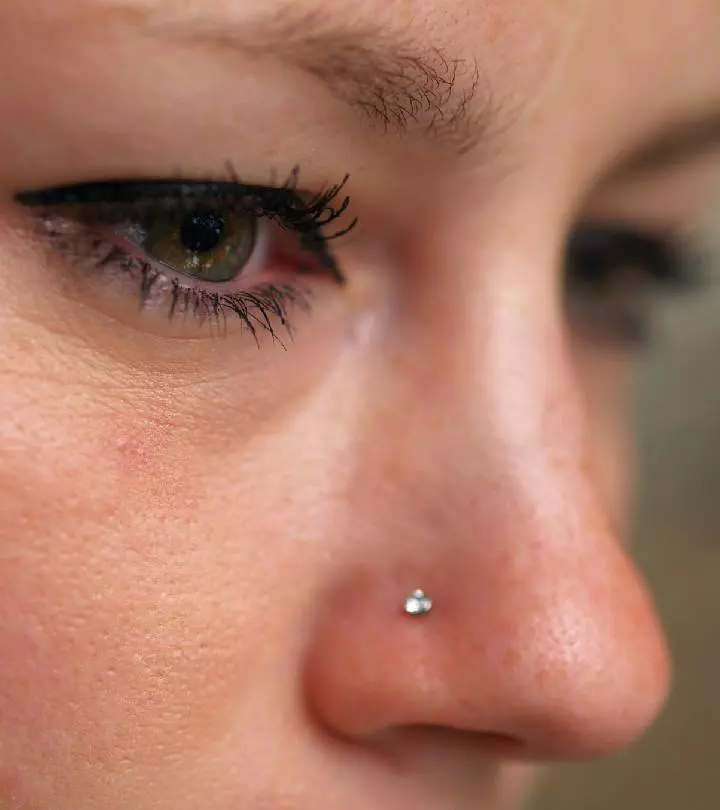



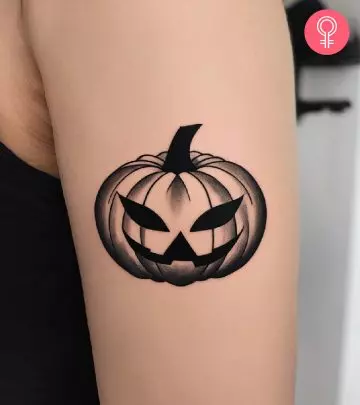

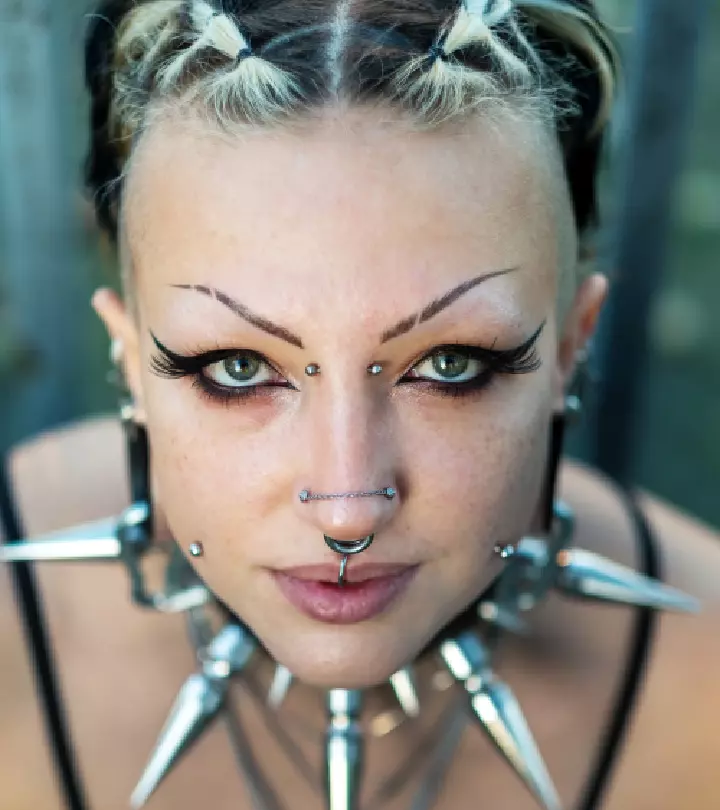
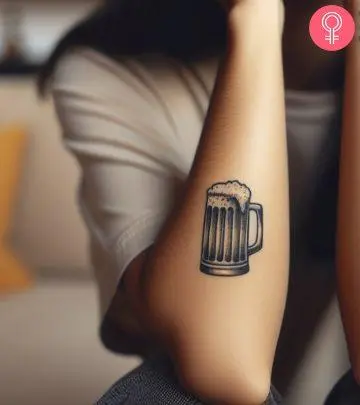
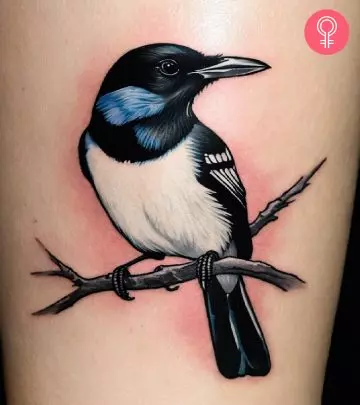
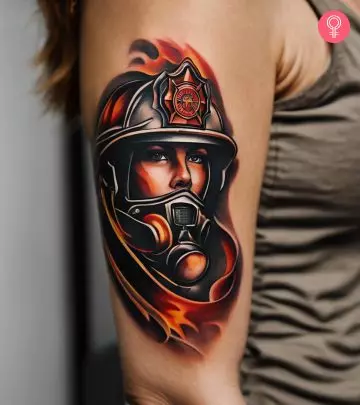
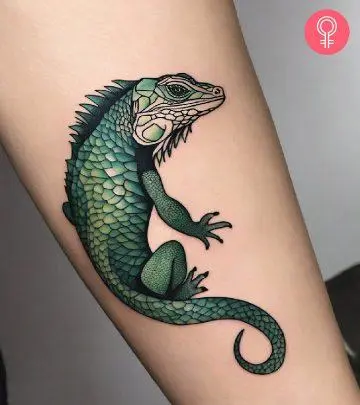
Community Experiences
Join the conversation and become a part of our empowering community! Share your stories, experiences, and insights to connect with other beauty, lifestyle, and health enthusiasts.